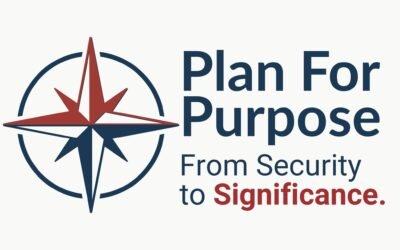The dismissal of Nestlé’s chief executive on September 1, 2025, for an undisclosed relationship with a subordinate marks yet another high-profile fall from grace. Only weeks earlier, another global CEO was caught “In flagrante delicto”. These stories feed a recurring theme in corporate life: powerful men, undone not by strategy or performance, but by personal misconduct.
Why Does This Keep Happening?
Ethical governance is no longer optional. In an era of whistleblowing hotlines, vigilant boards, and unforgiving media scrutiny, undisclosed relationships and conflicts of interest are being exposed quickly. Boards act decisively because the perception of favoritism or abuse of power corrodes organizational trust and investor confidence. Leadership instability, like Nestlé’s recent turmoil, only adds to market skepticism.
Is This a Male Problem?
A striking feature of these scandals is their gender imbalance. Time and again, it is male CEOs whose names dominate the headlines for affairs or inappropriate relationships. Women in senior leadership positions, while still underrepresented, are rarely cited for similar misconduct.
Why? Several explanations emerge:
• Representation: Fewer women hold top executive roles, so statistically, fewer scandals surface.
• Risk Behavior: Research suggests men, particularly in positions of power, are more likely to engage in risk-taking and boundary-testing behaviors, including in their personal lives.
• Scrutiny and Standards: Women leaders often face higher levels of scrutiny and double standards, which may discourage behaviors that could be perceived as compromising.
While the data is not definitive, the pattern is undeniable: male CEOs have historically been far more likely to derail their careers in this way.
Punishment or Prevention?
When a board fires a CEO for misconduct, it demonstrates accountability. Yet punishment may only suppress behavior in the presence of oversight, rather than transform the underlying impulses. Real prevention requires shaping corporate cultures that prioritize integrity, transparency, and responsibility, values that must be lived daily, not simply enforced when scandals erupt.
Will It Ever End?
Probably not entirely. Power, privilege, and human flaws ensure that misconduct will surface from time to time. But organizations can reduce the frequency and impact by investing in ethical leadership development, creating safe reporting environments, and ensuring governance systems hold every leader, male or female, to the same standard.
Beyond the Headlines
These scandals aren’t just cautionary tales for CEOs, they remind us that leadership in any setting is ultimately about trust, accountability, and legacy. Whether steering a multinational corporation or planning one’s personal financial future, the principles are the same: make decisions that reflect integrity and protect those who depend on you.
That’s where Plan for Purpose comes in. We help individuals and families design financial and life strategies built on values, stewardship, and long-term legacy. From purpose-driven retirement planning to mentorship development and life insurance advisory, our services empower clients to lead with clarity and purpose. Because true leadership, whether in the boardroom or at home, means building a legacy that endures.
Book a one-on-one session with us at https://planforpurpose.com to determine how our services align with your goals. Also purchase a copy of our book “More Than Just a Payout: How Life Insurance Builds Security and Opportunity at https://a.co/d/eAEQe78




0 Comments